To help Aboriginal and Torres Strait Islander corporations understand what Data Sovereignty means and why it matters...
What community-controlled governance means at IUIH

The Institute for Urban Indigenous Health (IUIH) was a Finalist in Category A of the 2014 Indigenous Governance Awards and Joint Winner in Category A in 2018. Adrian Carson, CEO, and Jody Currie, former Director of Operations and Communications, describe the ‘vibe’ of community-controlled governance at IUIH. This video was filmed in 2014 at the Indigenous Governance Awards.
“It’s a feeling – and that’s okay because what we talk about in terms of community control is it’s hard to measure. So, we can talk about governance, and tick boxes and it is often compliance stuff, or it might be strategic planning and other really important business processes but for us, that’s more on the western side of governance. Then, for community-controlled governance, it is about feelings and about how people feel when they walk into a clinic, or walk into a program, or when they attend a school program like deadly choices and how those kids feel when they graduate. Those things, that feeling, is something we want to be able to measure and it is okay that we can’t measure it because the concept of measurement is kind of like a western construct anyway. So, we say that’s community control.”
– Adrian Carson, CEO of IUIH

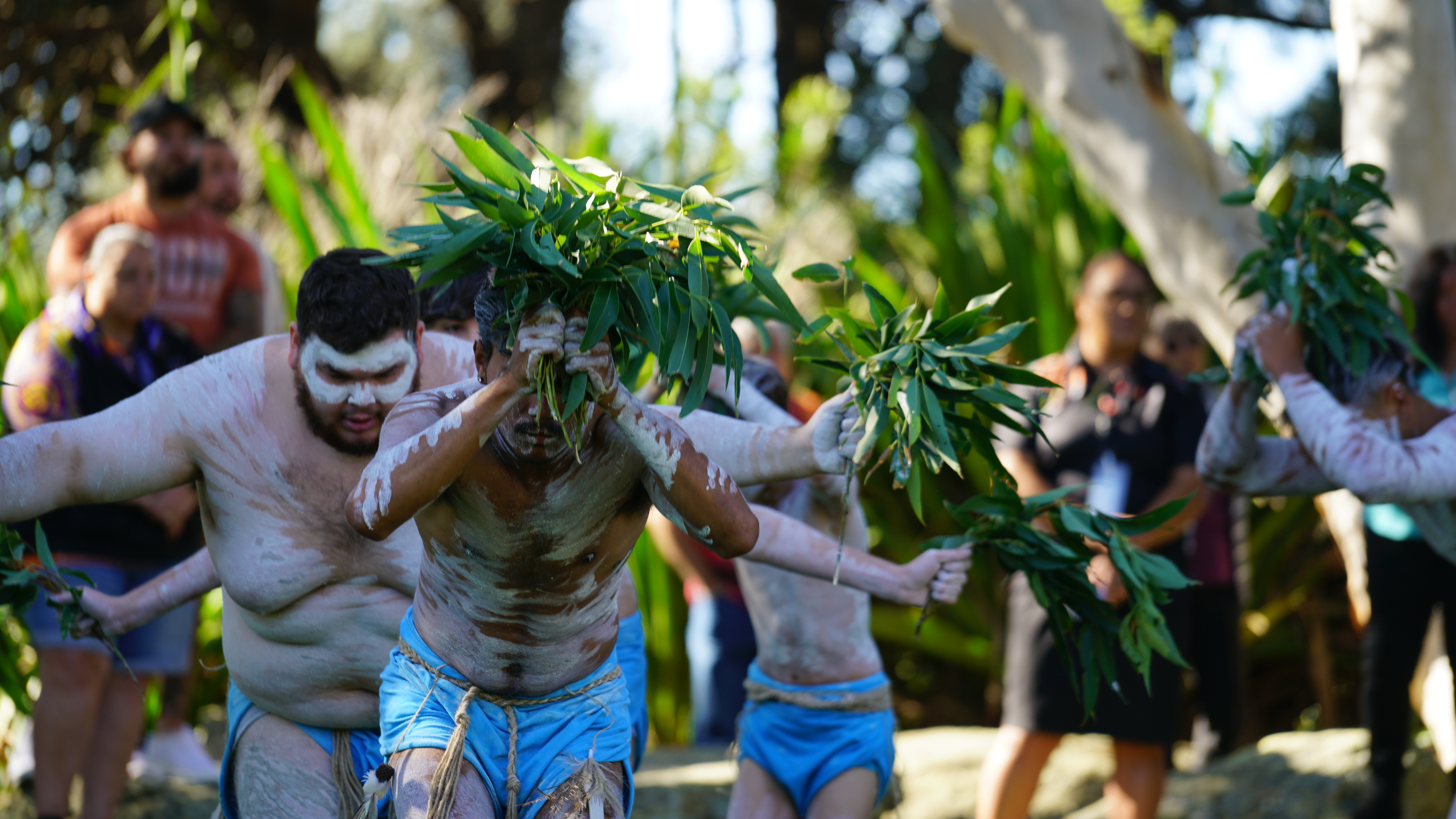
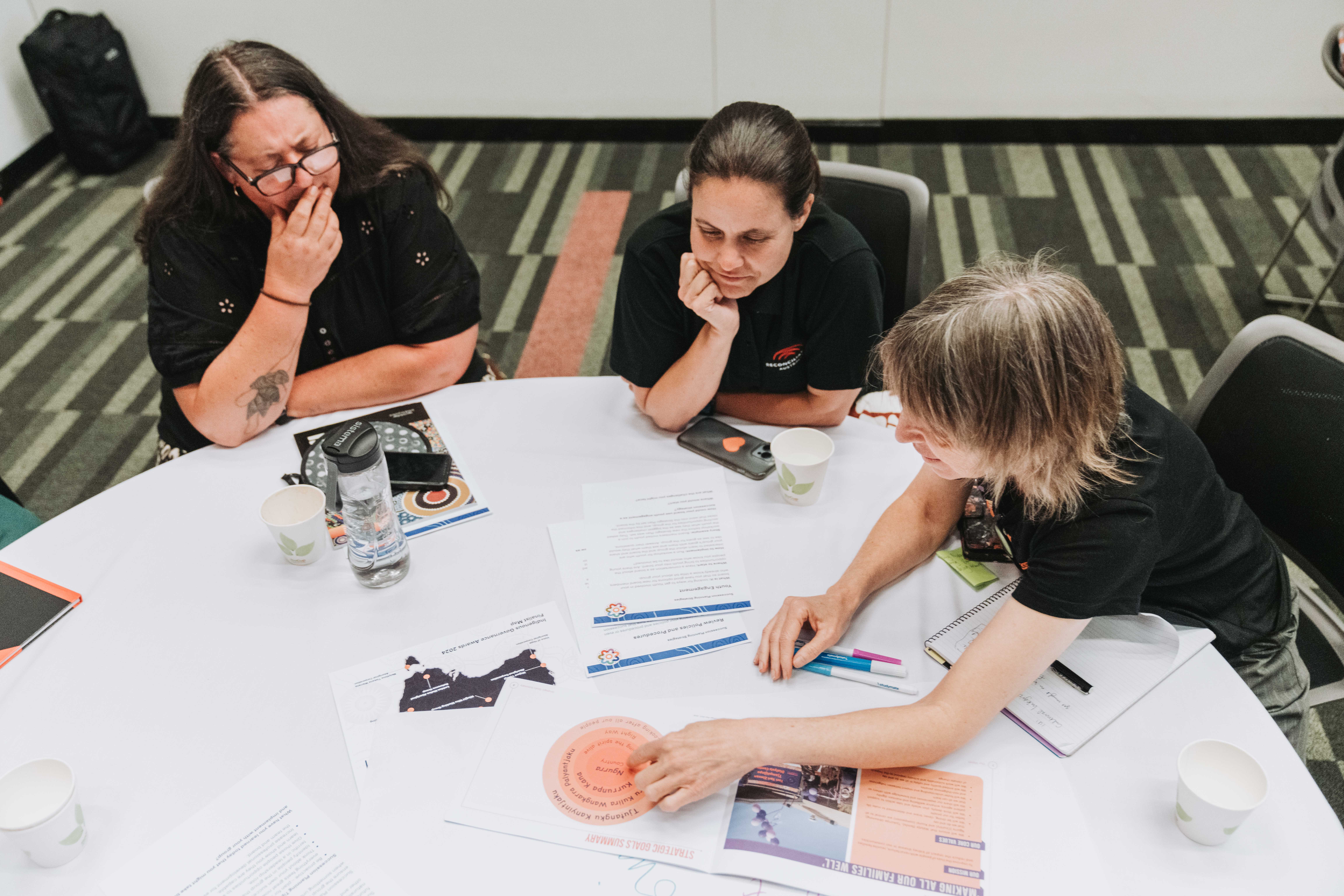
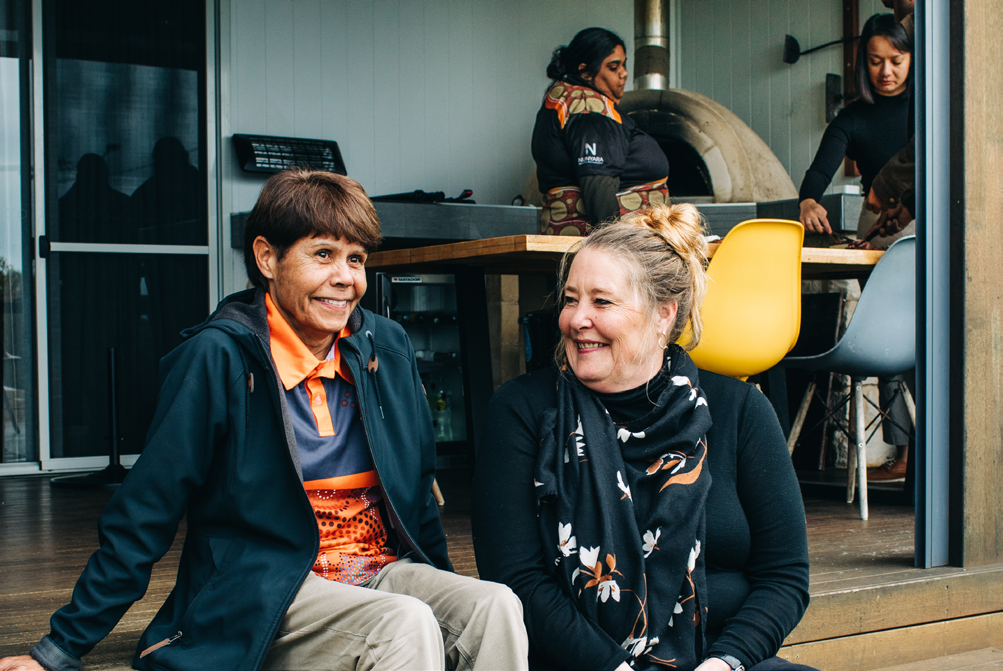

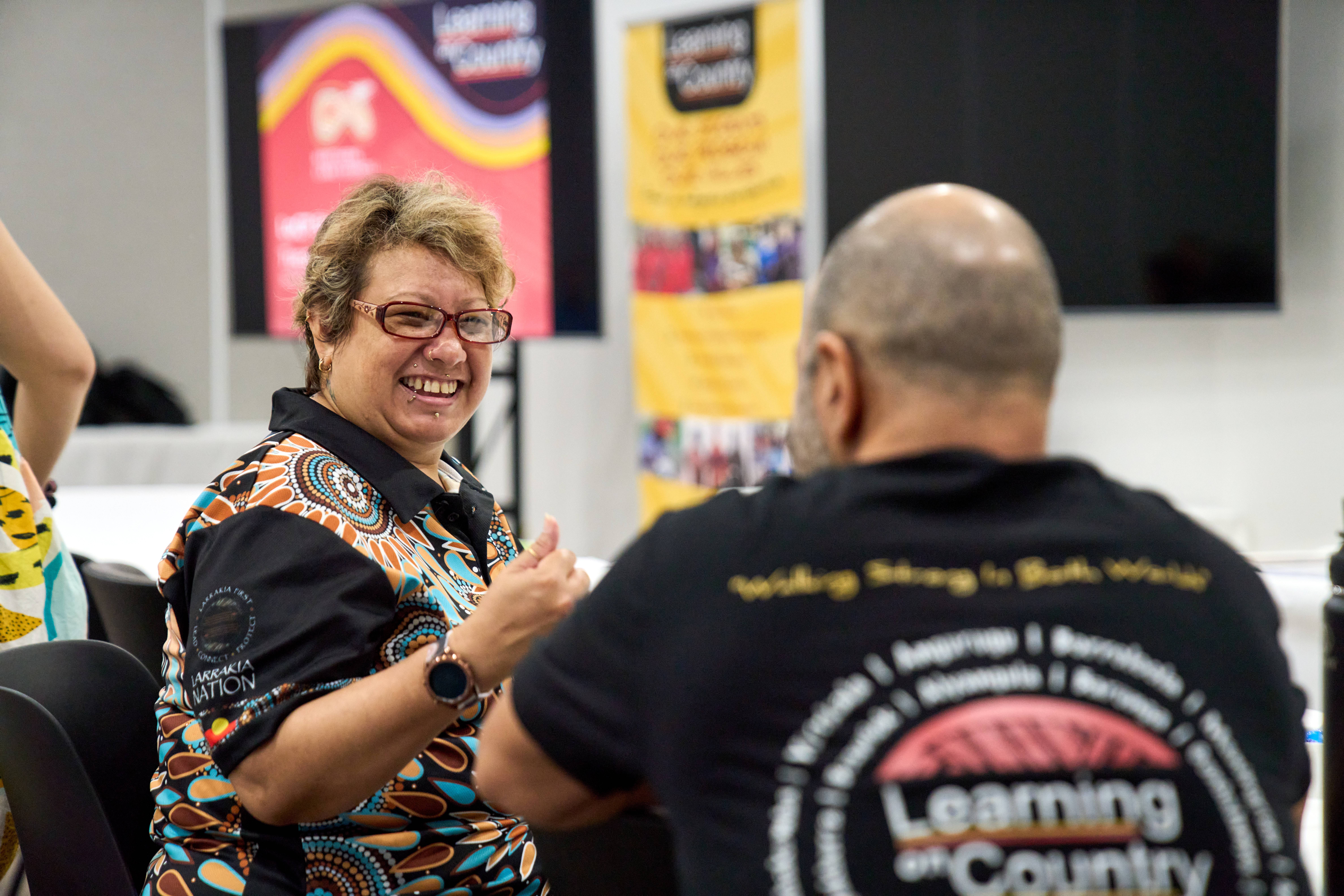
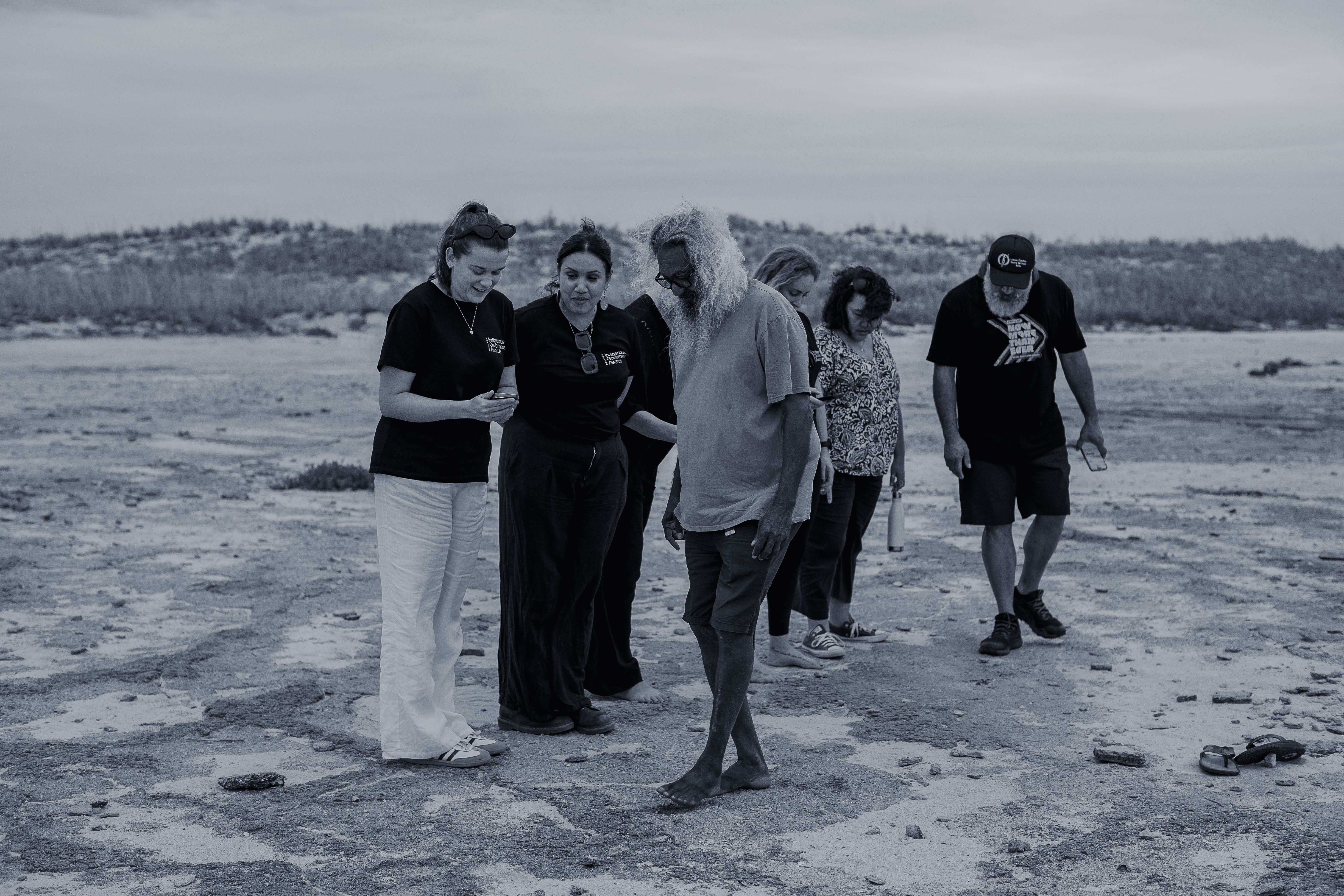

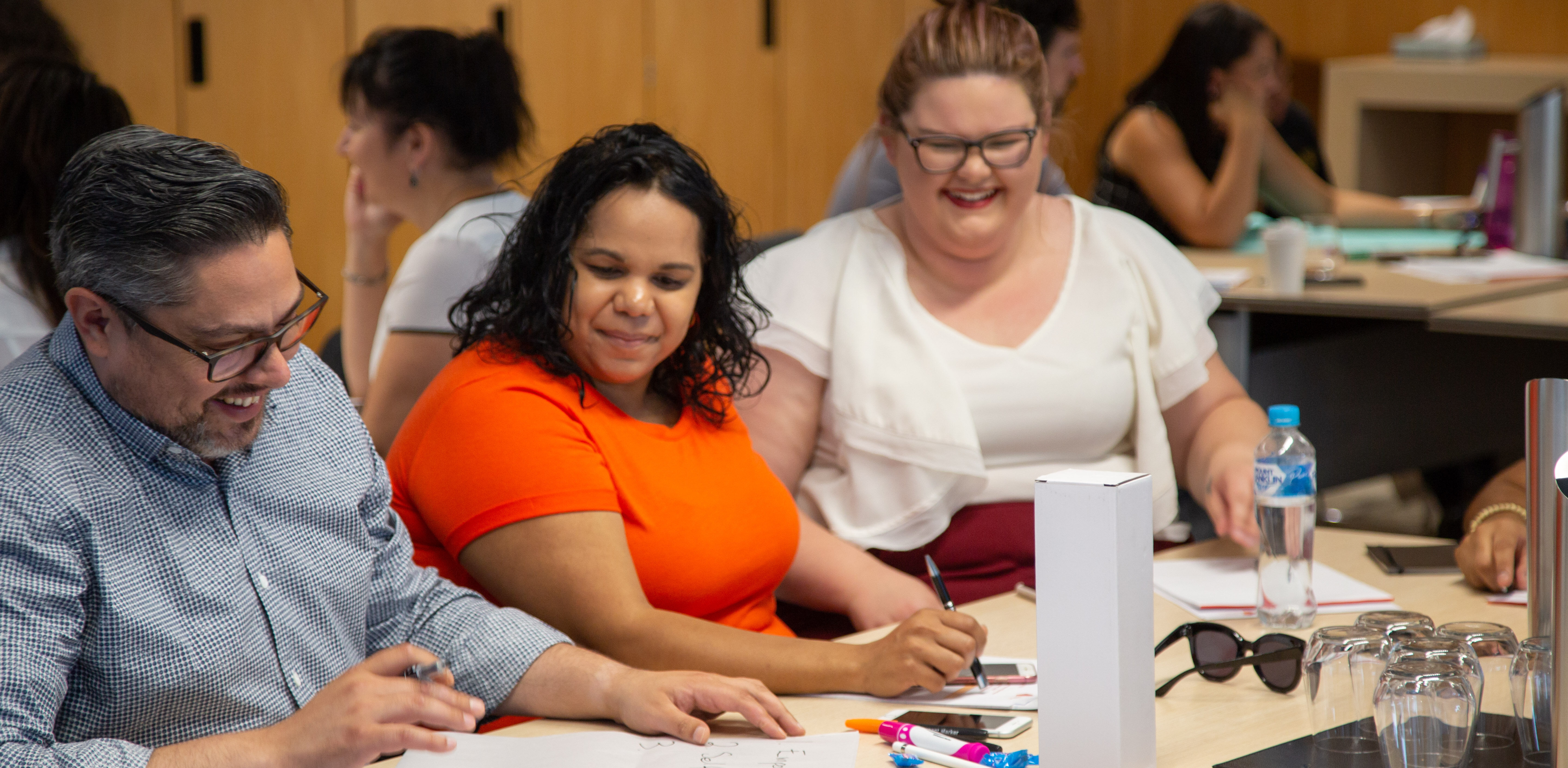
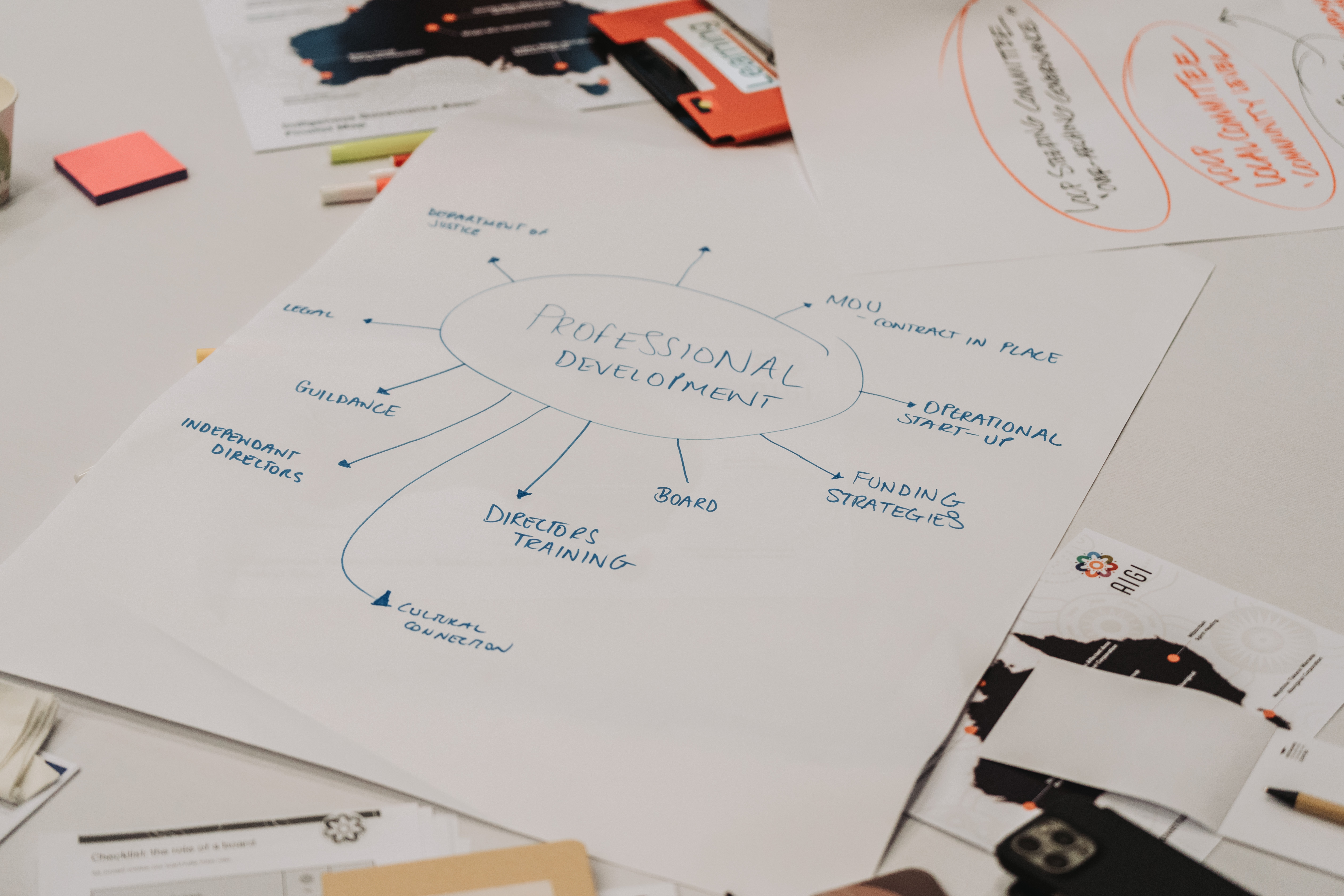


.png)

